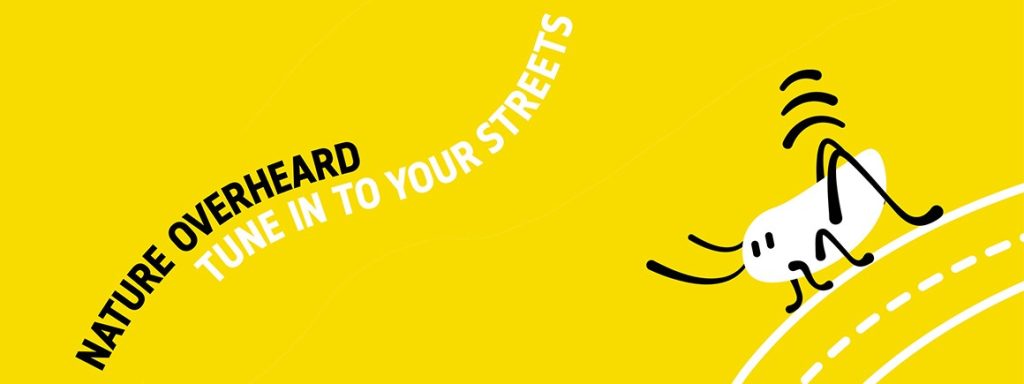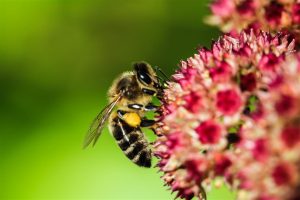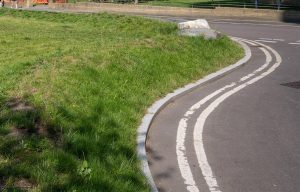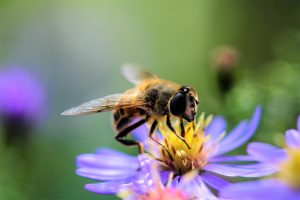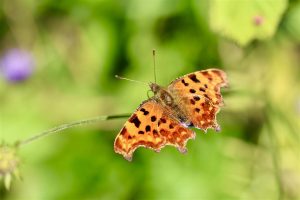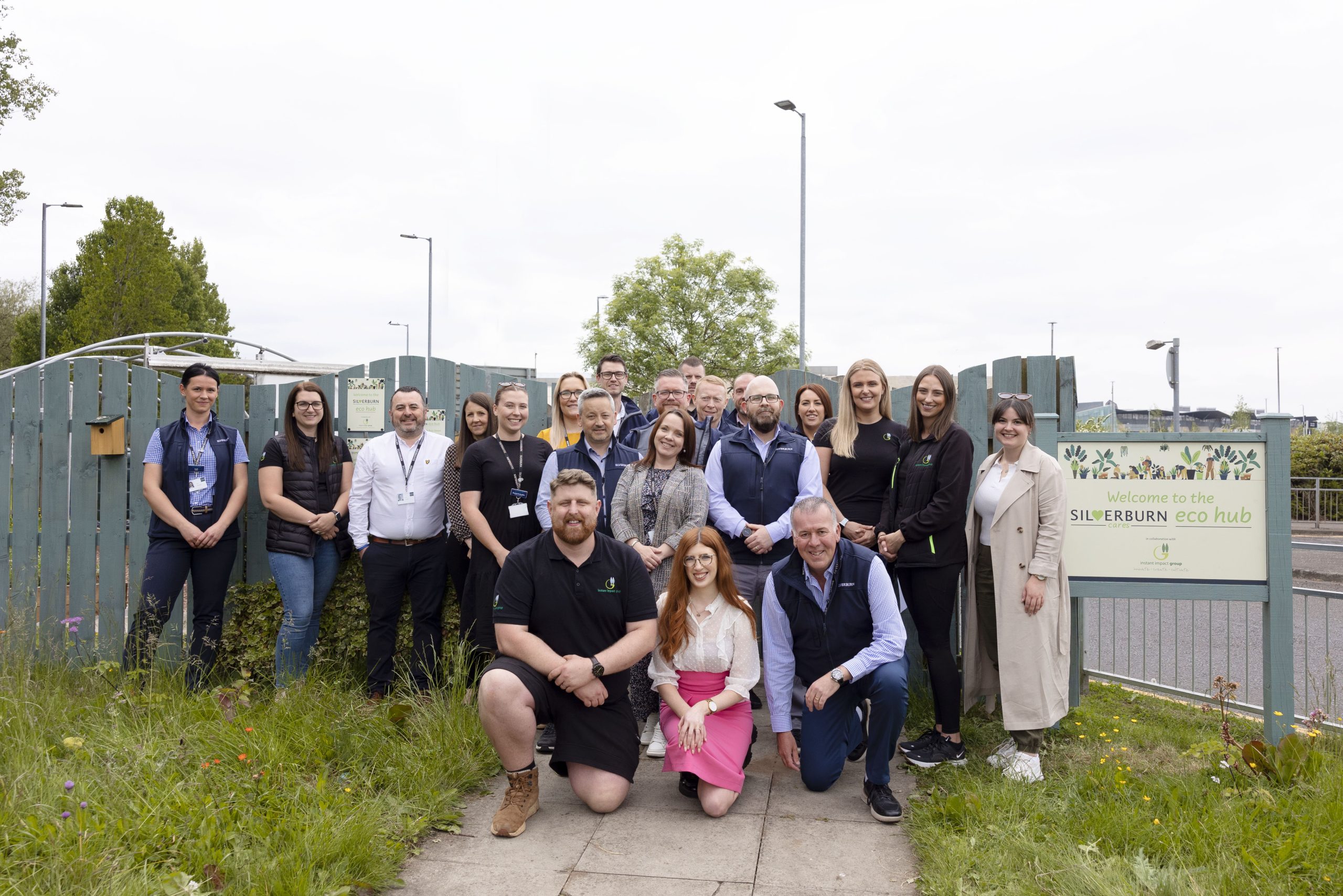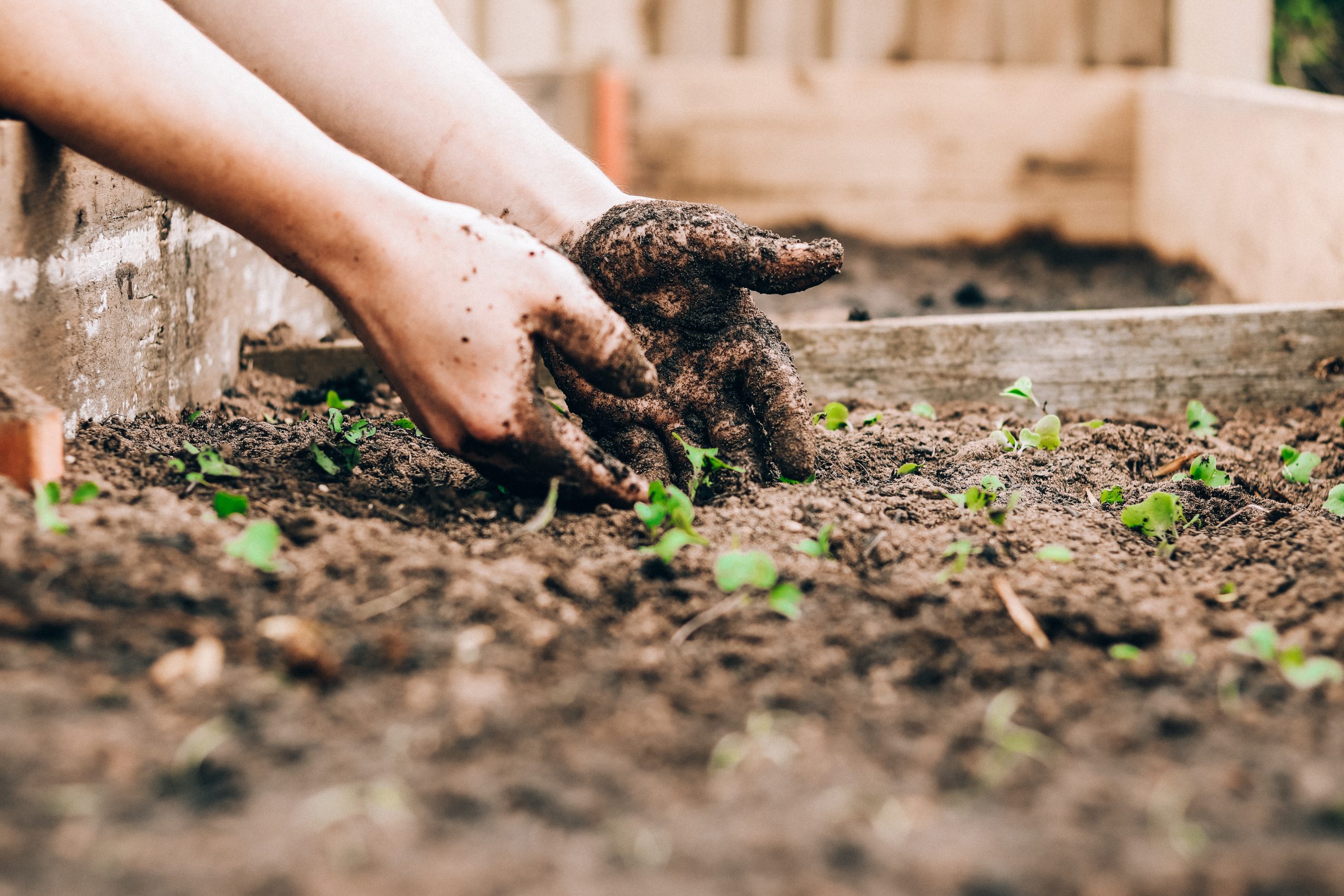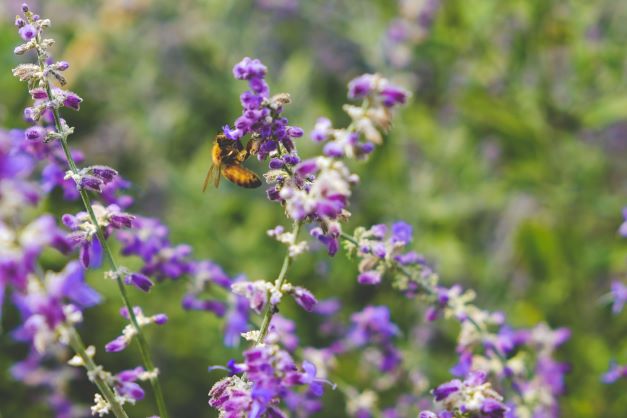The Natural History Museum is asking the public to join them in a major new community science project, Nature Overheard, which launched on Earth Day.
The new scheme is part of the Urban Nature Project, of which Workman is a proud sponsor. As part of the Urban Nature Project, the Museum’s five-acre site in South Kensington is being transformed into a welcoming, accessible, and biologically diverse green space in the heart of London.
Nature Overheard will investigate the link between noise pollution and insect populations. Community science (also known as citizen science) invites the public to actively participate in the Museum’s research, in this case by recording observations of wildlife, which are vital data for understanding the natural world.
The project emerged from a Museum appeal for students across the UK aged 11-14 to share their own research questions to investigate nature in the urban environment. The important question, ‘how can we make roads better for nature?’ was chosen. A selection of students then collaborated with Museum scientists to co-design an exciting and innovative research project. The team are now inviting the public to join in their investigation to understand more about how insects are impacted by noise pollution. The results will support road developers, councils, and others to make roads better for nature.
How can I get involved?
Dr Abigail Lowe, Community Science Officer at the Natural History Museum, said: “Anyone can take part in Nature Overheard, you don’t need specific skills or training as we tell you everything you need to know to get involved. It’s a fun, free way to enjoy nature while doing your bit to protect the environment in the UK.”
Anyone can get involved by:
- Picking a street or road to survey.
- Recording audio for 5 minutes – capturing both the sounds of nature and human-generated noise.
- Walking along a road for 10 metres recording any insects found, these might include bees, wasps, ants, hoverflies, flies, beetles, butterflies, moths, grasshoppers, and crickets.
- Submitting data via our online recording form.
Nature Overheard is part of the Museum’s Urban Nature Project, designed in response to the urgent need to both monitor and record changes to the UK’s urban nature. The project develops online, onsite and national monitoring and community science programmes as well as current work underway to transform the Museum’s five-acre gardens in South Kensington into a globally relevant urban nature ‘epicentre’, helping to safeguard nature’s future.
Nature Overheard is one of the Museum’s offerings for the Coronation’s Big Help Out, on 8 May.
How will the data help nature recovery in the UK’s urban spaces?
The data from the project will go onto the Museum’s new data platform, the Data Ecosystem, which is being built using Amazon Web Services technologies. The Data Ecosystem allows researchers to build a deeper understanding of the UK’s urban biodiversity, including its composition, how it relates to environmental conditions, and how it responds to direct conservation action.
The Data Ecosystem is helping transform the Museum’s scientific research and community science capabilities by bringing together a broad range of UK biodiversity and environmental data types in one place for the first time. This helps the Museum’s scientists to build on scientific understanding of the UK’s biodiversity and environment, encourage more integrated cross-disciplinary research programmes, and drive forward science-led nature recovery in the UK’s urban spaces.
Insect declines are being seen on local, regional, and global levels due to a combination of habitat loss, increases of pests and disease, climate change and increased use of pesticides. Many insects make sounds to communicate with each other, which means that they can also be negatively affected by noisy environments, where they can be forced to alter their communication so that they can be heard.
Although insects play a critical role in maintaining a healthy environment, these effects have been too challenging to study at scale, until now. Ed Baker, Acoustic Biology Researcher at the Museum, has been developing the technology to disentangle background noise and detect insects and other wildlife.
“The data from Nature Overheard will form an essential tool in unlocking new solutions to the decline in insect populations and further science-informed nature recovery in the UK. Focusing on acoustic data is a key way to monitor biodiversity and make our roads better for nature,” Baker says.
Find out more about Nature Overheard at www.nhm.ac.uk/natureoverheard
How to take part in Nature Overheard: https://www.youtube.com/watch?v=bni4nxe3enI&list=TLGGh2B0LOxGXVoyNDA0MjAyMw
The Prince and Princess of Wales on Nature Overheard: https://www.youtube.com/watch?v=7nJKd-0FBCI
Find out more about the Urban Nature Project at: https://www.nhm.ac.uk/about-us/urban-nature-project.html
Image credit: Trustees of the Natural History Museum, London.
